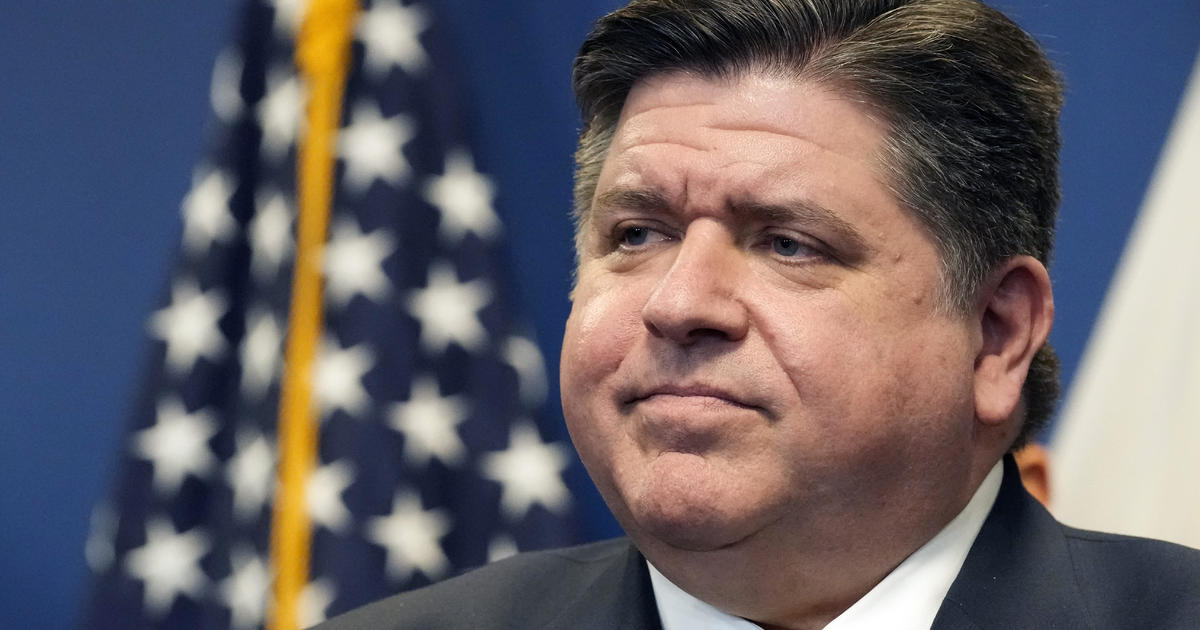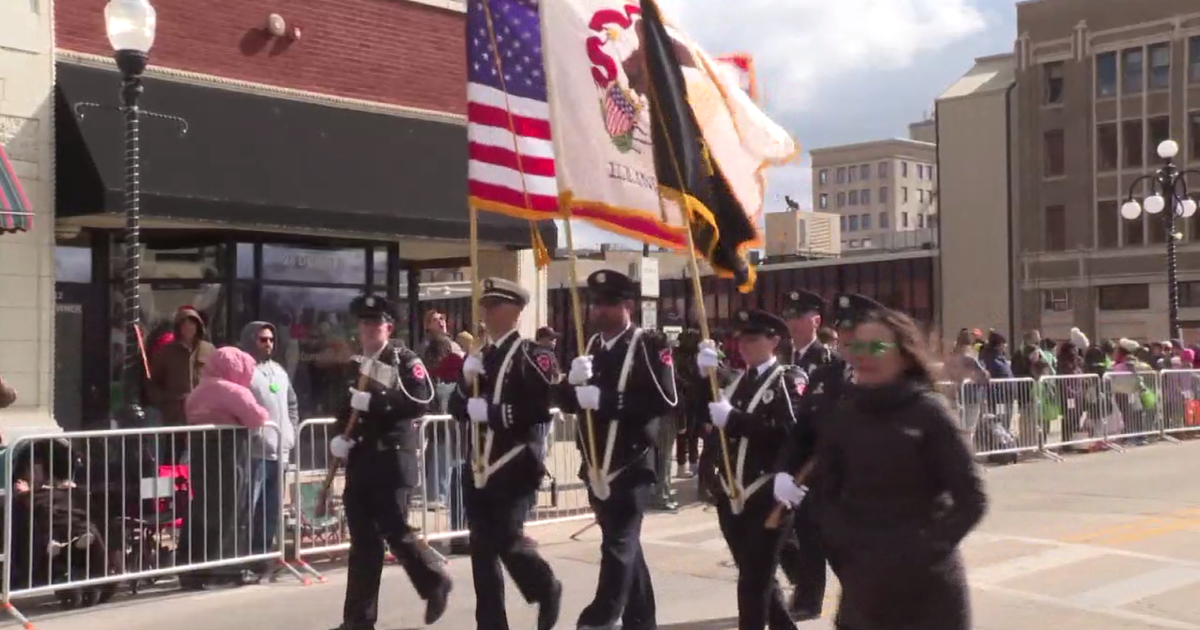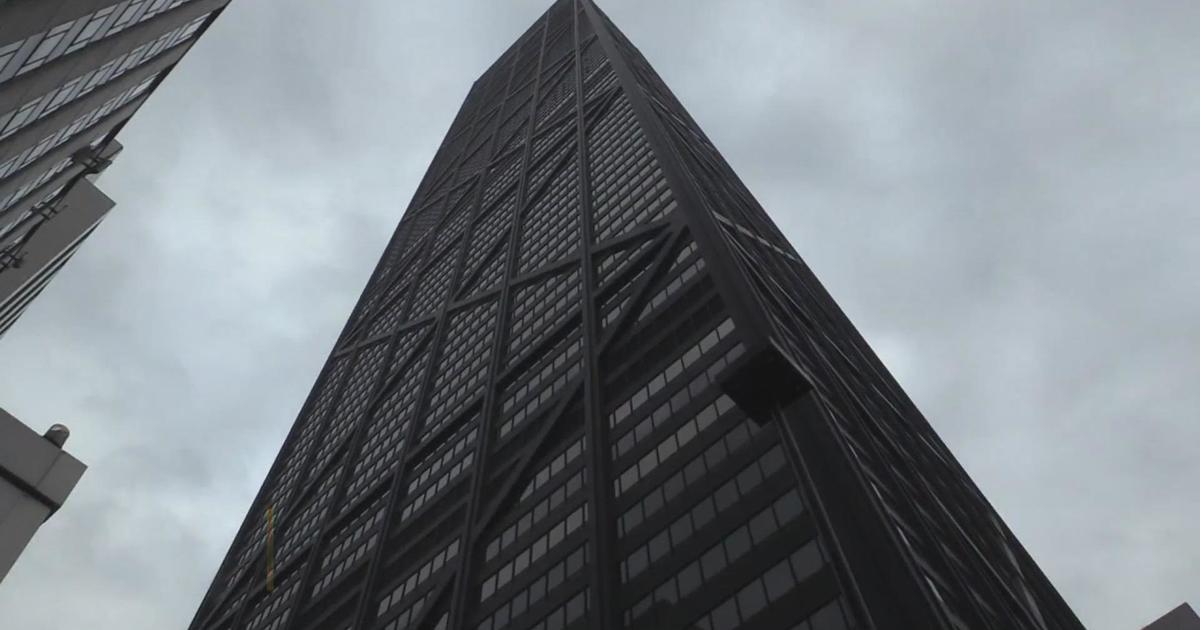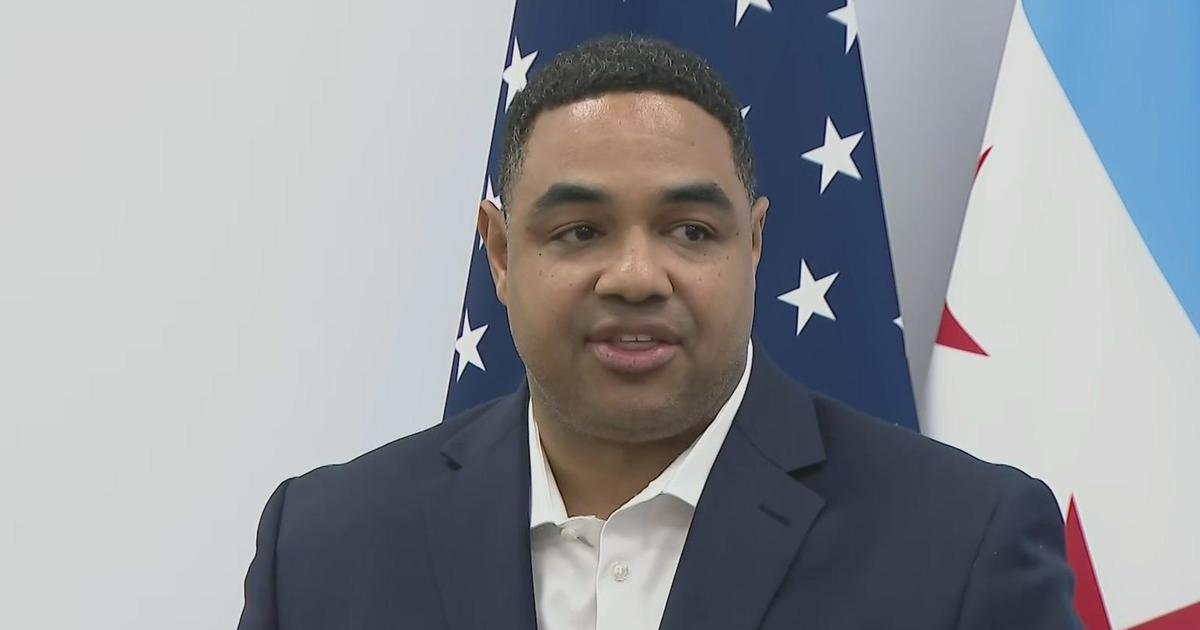Gov. JB Pritzker To Extend Stay-At-Home Order Through May 30, Require Face Coverings In Public; Illinois Sees 1,826 New COVID-19 Cases, 123 More Deaths
CHICAGO (CBS) -- Gov. JB Pritzker said Thursday he plans to extend the statewide stay-at-home order through late May, and starting May 1 the state will require people to wear face coverings in public.
The governor also will make some modifications to the stay-at-home order to gradually reopen some state parks, to allow golf, and to permit some non-essential businesses to offer online sales for pickup or delivery.
Pritzker said next week he will sign an extension of the stay-at-home order through May 30, with some modifications.
"I know how badly we all want our normal lives back. Believe me, if I could make that happen right now, I would, but this is the part where we have to dig in, and we have to understand that the sacrifices that we've made as a state to avoid a worst-case scenario are working, and we need to keep going a little while longer to finish the job," he said.
The governor said while he understands the pain small business owners have suffered during the stay-at-home order, it's necessary for the order to stay in place for a while longer to protect the general public from an exponential spike in COVID-19 cases.
"For every person who wants to go to dinner, or hang out with friends in a park, or swing open their salon doors, there is a family mourning the death of someone they love; there is a parent, a child, a friend who would give anything to have their greatest strain be the difficulties of staying home, and not the unimaginable pain of a life lost too soon."
Illinois Public Health Director Dr. Ngozi Ezike said Illinois had 1,826 new confirmed cases of COVID-19 in the past day, including 123 additional deaths. Illinois now has a total of 36,934 cases, including 1,688 deaths. A total of 173,316 people have been tested so far.
As part of the extended stay-at-home order, starting May 1, anyone over age 2 and able to medically tolerate a mask or face covering will be required to wear one in public whenever they cannot maintain a safe distance of six feet from other people.
Pritzker said people won't be arrested for violating that order, but police should remind people to wear a mask in public if they are seen without a face covering.
"We're not encouraging police officers to stop people and arrest them, or take drastic action," Pritzker said. "People should wear a mask, and they should be reminded if they're not wearing a mask."
The governor said private businesses also must provide face-coverings to all employees, and require customers to wear masks whenever they can't observe social distancing requirements in their establishments.
The governor said he also will issue new social distancing requirements and occupancy caps for essential businesses, including manufacturers.
Changes to the stay-at-home order will include allowing hospitals and surgical centers to begin scheduling elective procedures that had been delayed due to the coronavirus outbreak, as long as they have sufficient personal protective equipment, and sufficient ICU and overall beds to continue treating COVID patients. Medical facilities also would have to test patients coming in for elective surgeries to make sure they don't have the virus.
Schools also would be allowed to set up procedures for students or parents to pick up necessary supplies or student belongings, and universities would be allowed to have students come back to campus to move out of dorms if they follow social distancing guidelines and other public health practices.
The governor said, also starting May 1, retail stores not on the state's list of essential businesses may start offering online orders for pickup and delivery. Greenhouses, garden centers, and plant nurseries also may reopen as essential businesses, with social distancing measures in place.
The state also will begin reopening some state parks for hiking, fishing, and boating with no more than two people, as long as visitors maintain social distancing at all times.
Although Pritzker did not mention it during his briefing, a summary of the modifications to the stay-at-home order provided by the governor's office stated golf also would be allowed as long as people observe social distancing, and follow safety safety guidelines to be provided by the Illinois Department of Commerce and Economic Opportunity.
Pritzker warned people not to use the more lenient restrictions as an excuse to start gathering in large groups again.
"If we start to see crowds, and people violating the order, or breaking the rules, I will need to bring back these restrictions. I'm hopeful that we will not need to do that," Pritzker said.
Pritzker said he based his decision to extend the stay-at-home order on projections from a variety of models regarding the COVID-19 pandemic, but he noted no model is perfect.
"There is no crystal ball available to us. There are only estimates," he said. "I worry that people think the model is some miraculously accurate view into the future that is going to tell us exactly what we need to do, and when. It's not. It won't."
University of Illinois bioengineering professor Sergei Maslov, one of the scientists who helped provide COVID-19 modeling for the governor, said the success of the social distancing requirements ultimately will be measured by what didn't happen.
"Our calculations show that the number of deaths would have been about 20 times as high as they are today," or as many as 30,000 deaths in Illinois by now if social distancing requirements had not been in place.
The governor said Illinois is now looking at a peak or plateau of daily coronavirus deaths between late April and early May. He said the models behind that estimate almost certainly will change in the coming days as projections are replaced with real-time data.
"If we lifted the stay-at-home order tomorrow, we would see our deaths per day shoot into the thousands by the end of May, and that would last well into the summer. Our hospitals would be full, and very sick people would have nowhere to go. People who otherwise might have won their fight against COVID would die, because we wouldn't be able to help them through," he said.
The governor said his office is finalizing the principles for eventually reopening the state's economy in phases; in part by expanding testing, and beginning the process of contact tracing.
Pritzker has said Illinois needs to start seeing a steady drop in new cases before the order can be lifted, and recent models estimate the state won't reach its peak of novel coronavirus cases until Mid-May. The governor also has said Illinois needs more extensive COVID-19 testing, a contact tracing system, and a treatment to lessen the severity of the disease before the order can be lifted, although he has said it could be modified, based on the advice of epidemiologists and other medical and scientific experts.
The governor also has said he's considering the possibility of a regional or county-by-county approach to lifting COVID-19 restrictions in Illinois.



